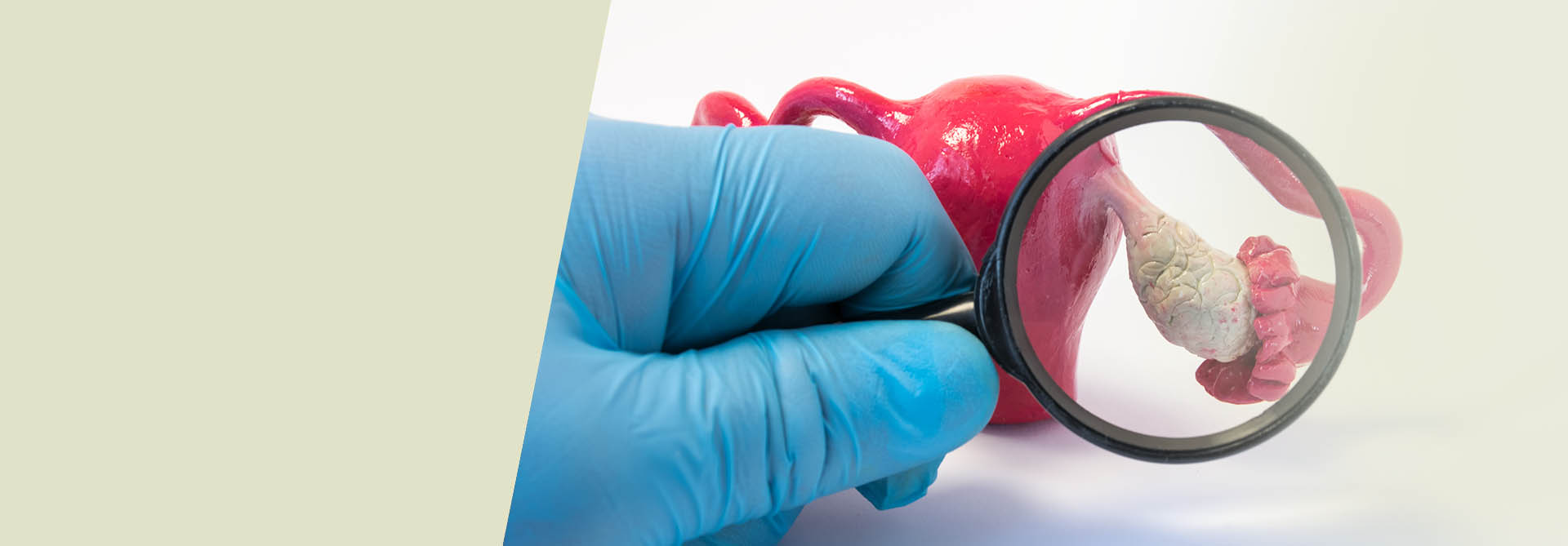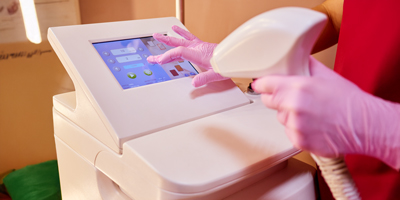You should consult a gynecologist if you experience any of the following symptoms that may indicate an ovarian cyst:
- Persistent or severe abdominal or pelvic pain.
- Bloating or a feeling of fullness in the abdomen.
- Pain during intercourse.
- Irregular periods or missed periods.
- Frequent urination or difficulty emptying the bladder fully.
- Sudden and sharp abdominal pain with nausea or vomiting, which may indicate a ruptured cyst.
Seeing a doctor early ensures timely diagnosis and treatment before complications such as rupture or ovarian torsion occur.
You should consult a gynecologist if you experience any of the following symptoms that may indicate an ovarian cyst:
- Persistent or severe abdominal or pelvic pain.
- Bloating or a feeling of fullness in the abdomen.
- Pain during intercourse.
- Irregular periods or missed periods.
- Frequent urination or difficulty emptying the bladder fully.
- Sudden and sharp abdominal pain with nausea or vomiting, which may indicate a ruptured cyst.
Seeing a doctor early ensures timely diagnosis and treatment before complications such as rupture or ovarian torsion occur.























